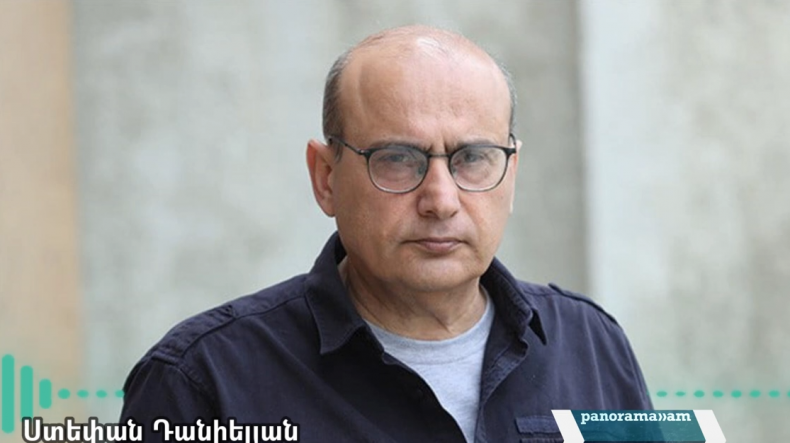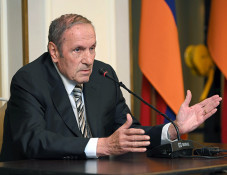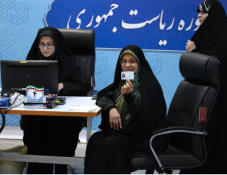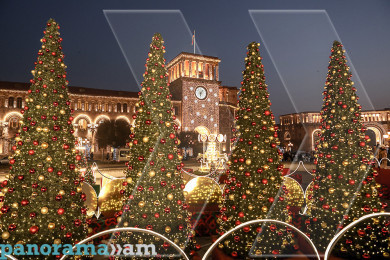
Political analyst explains why Baku favors direct talks with Yerevan
Azerbaijan continues to insist on direct bilateral negotiations with Armenia without mediators.
Azerbaijan Foreign Minister Jeyhun Bayramov announced on Tuesday that direct peace talks with Armenia “have proved to be the most effective and successful solution to achieve mutually acceptable results.”
Panoarama.am reached out to political analyst Stepan Danielyan for comment on the statement and the risks stemming from direct bilateral negotiations with Azerbaijan.
“The Azerbaijani foreign minister has already revealed the risks. He called bilateral talks the most effective. Who are they effective for? Naturally, for Azerbaijan. What is the point? The presence of mediators entails international guarantees for the implementation of the agreements reached. The mediators are supposed to be those countries that have the potential to act as guarantors and influence the process. Now Azerbaijan does not need mediators as it gets unilateral concessions without international guarantees,” the analyst stated.
“Moreover, the document on the border delimitation in Armenia's Tavush Province says that the process is currently based on the Alma-Ata Declaration, but delimitation and demarcation can be carried out in accordance with other criteria in the future. In other words, Azerbaijan has made it clear that it [the declaration] will be rejected in the future as well,” Danielyan said.
In response to the remark that Armenian Foreign Minister Ararat Mirzoyan has admitted in an interview to Al Jazeera that Azerbaijan is still reluctant to refer to the Alma-Ata Declaration when it comes to the would-be peace treaty with Armenia, the political analyst noted: “There is no need to admit it, the document has indicated it. Azerbaijan does not show reluctance, it is written on the signed paper.”
“This means that someway in the future Baku could demand the opening of the “Zangezur Corridor” or the coast of Lake Sevan. In other words, with regard to Tavush villages, Yerevan and Baku are guided by the Alma-Ata Declaration, but Azerbaijan could demand other territories from Armenia next or simply invade and seize them,” the political analyst explained.
Asked what then makes the Armenian authorities, who cannot but realize the listed risks, accept all conditions put forward by Baku, including direct negotiations without mediators, Danielyan noted: “Everything is pretty simple. Two mediations are offered: Russian and Western. The Armenian authorities reject Russian mediation because they have stated that they do not want Armenia to become some peripheral Russian province. In other words, they are going for geopolitical changes. The West does not provide guarantees, and in general, the West does not need Armenia, they need the road of the Turkic world to work, which they have openly stated.”
Newsfeed
Videos






























